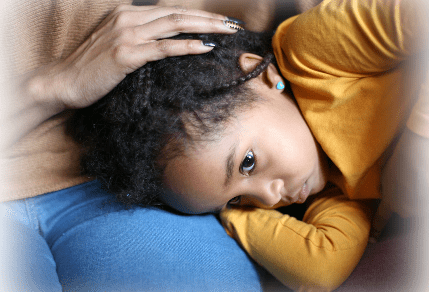Introduction
Children who witness domestic abuse suffer severe and enduring effects. Abuse, whether witnessed or experienced, produces a poisonous environment that impedes their healthy growth.
Emotional Toll
- Fear and anxiety: Children live in constant fear of the next outbreak of violence.
- Shame and guilt: Many children blame themselves for the abuse, leading to low self-esteem.
- Sadness and depression: Severe depression may result from the mental turmoil.
- Trust issues: Betrayal of safety by a caregiver might make it difficult to build healthy connections.
Behavioral Changes
- Aggression: Children may demonstrate violent conduct that mirrors what they see at home.
- Withdrawal: Some children distance themselves, becoming quiet and reserved.
- Academic difficulties: Inability to concentrate might have an impact on academic achievement.
- Acting out: Attention-seeking or defiance may occur.
Long-Term Effects
- Increased risk of mental health issues: Depression, anxiety, and PTSD are prevalent.
- Substance abuse: As a coping mechanism, children may turn to drugs or alcohol.
- Relationship difficulties: Witnessing bad relationships has the potential to perpetuate the abusive cycle.
- Physical health problems: Chronic stress can cause physical illnesses.
Conclusion
Domestic violence can have serious and long-term consequences for children, causing fear, anxiety, shame, sadness, and trust issues. Aggression, withdrawal, academic challenges, and attention-seeking conduct are some examples of behavioral changes. Chronic stress has long-term consequences, including an increased chance of mental health concerns, substance misuse, relationship difficulties, and physical health problems. These impacts can exacerbate the abusive cycle and impede children’s healthy development.
Always remember that children are innocent victims. Their safety should be a top consideration in any domestic abuse situation.
If you suspect a child is being affected by domestic violence, please reach out for help.








